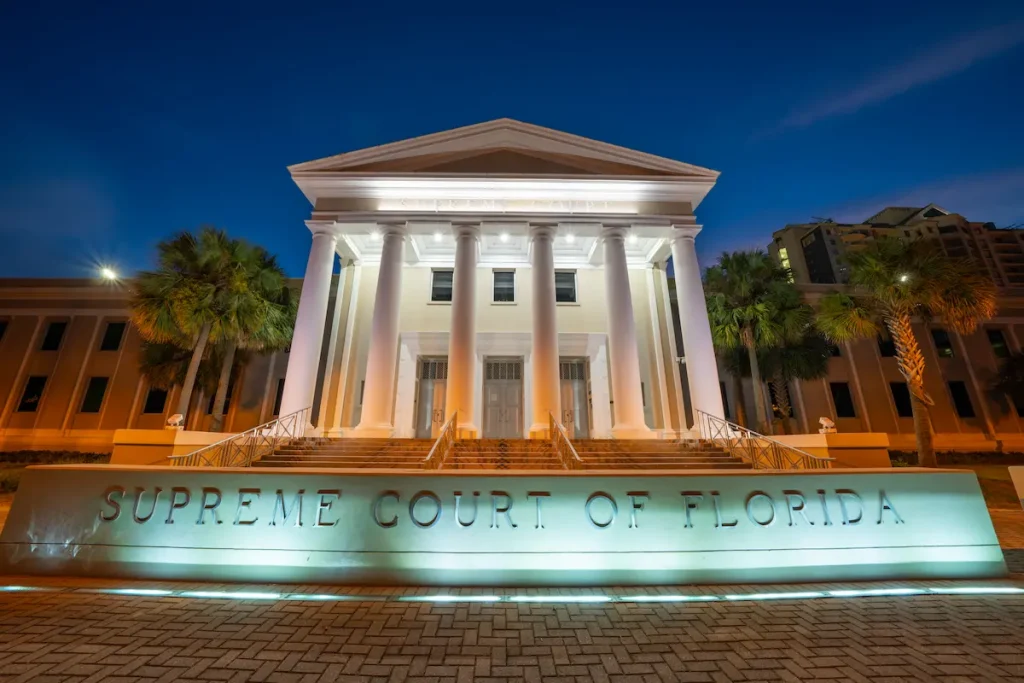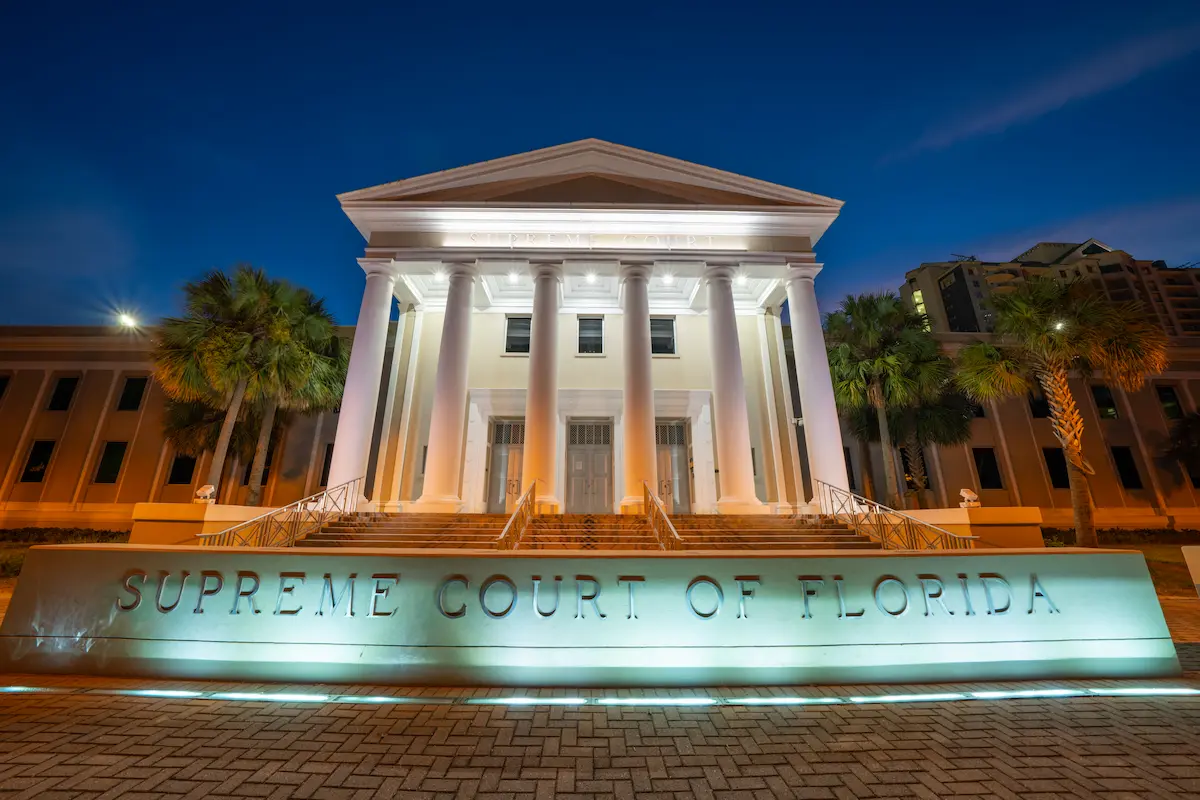Florida Supreme Court Streamlines Medical Malpractice Expert Witness Challenges
Florida Supreme Court amends rules to simplify challenges to expert witness qualifications in medical malpractice cases, aiming to reduce litigation costs and ensure expert relevance.
- The Florida Supreme Court has adjusted its rules to make it easier for hospitals and other defendants in medical malpractice cases to challenge the qualifications of expert witnesses.
- Scott Mendlestein, managing shareholder with the Falk Waas law firm in Florida, describes the decision as crucial for defense.
- Previously, defendants had to wait until the trial concluded to appeal a motion to dismiss a suit based on the qualifications of the plaintiff’s expert. As of July 6, the rules have been amended, allowing the defense to pause the proceedings and push for an interlocutory appeal if a lower court denies a motion to dismiss.
- The change could save on litigation costs for medical organizations and insurers. Additionally, plaintiffs might be allowed to find a new witness if necessary.
- This rule change is a response to the 2016 modifications in Florida’s Medical Malpractice Act, which now requires a plaintiff’s expert witness to be a specialist in the same field with at least three years of experience.

- The triggering case began in 2016 when Laurie Carmody underwent spinal disc surgery and later experienced complications. Despite her expert not being specialized in spinal surgery, the trial proceeded. The university appealed the decision but faced difficulties with Florida’s 1st District Court of Appeal in 2021. The university then asked the Supreme Court to provide clarity.
- Given the case’s significance, significant medical associations, such as the American Medical Association and the Florida Hospital Association, filed an amicus brief.
- The Supreme Court concluded that the district court of appeals had no authority to rule on the expert qualification question. Swiftly after, the court altered the rules to permit such requests.
- The change has been criticized by legal scholars, fearing increased appeals and further litigation delays.
- Scott Mendlestein believes that most cases already have their expert witnesses sorted out early on, and the issue being addressed by this change is relatively rare.
- The rule change has been implemented immediately, but public comments will be accepted until September 19, bypassing the court’s typical deliberative process.
- Justice Jorge Labarga expressed his dissent, suggesting that such a significant rule change should undergo proper committee consideration before adoption.
- This marks the second significant adjustment to Florida’s interlocutory appeal procedures recently. The Supreme Court also approved mid-litigation appeals regarding including punitive damages in lawsuits as of January 2022. Critics argue this will delay and deter requests for substantial punitive damage amounts. On the other hand, defense interests view this as a pivotal move that might prevent disagreements between insured individuals and insurance companies concerning sizeable punitive damage awards.
As reported by By William Rabb, Fla. Supreme Court Allows Early Dismissal of Medical Malpractice Cases | July 17, 2023 in (https://www.claimsjournal.com/news/southeast/2023/07/17/318099.htm)

